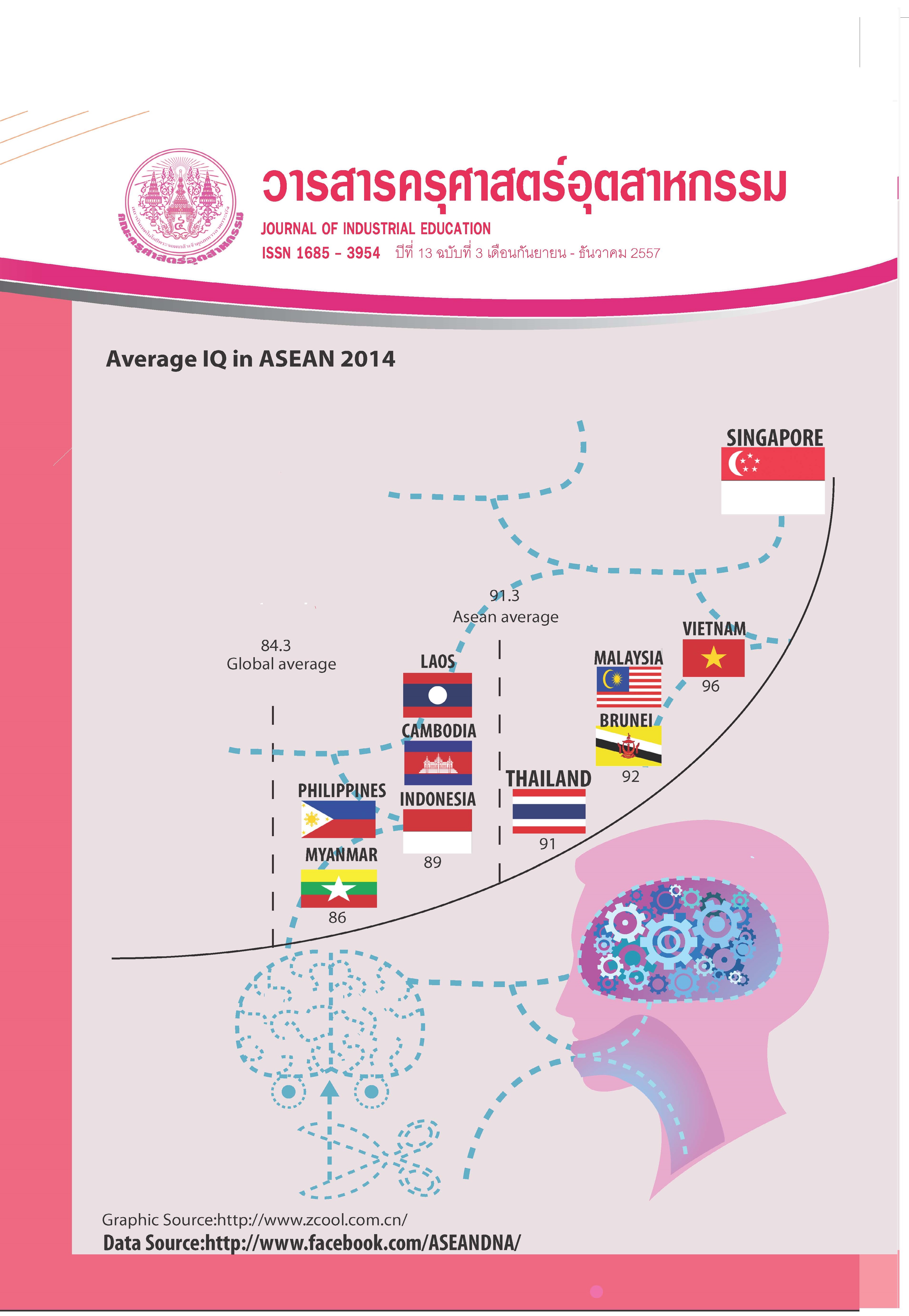English Language Needs of Tourism Students at Siam Business Administration College Nonthaburi
Keywords:
ภาษาอังกฤษเชิงวิชาการ, การท่องเที่ยว, ความต้องการทักษะภาษาอังกฤษAbstract
The purpose of this study was to survey English needs of tourism students studying in SBAC Nonthaburi.The study focused on the needs of English skills, language functions and topic areas of each skill that the tourism students need for their learning as well as the needs for organization of English course for tourism.
The samples of this study were 204 persons. The instruments were three sets of questionnaires which were distributed to 120 tourism students, 50 teachers and 34 executives at Siam Business Administration College Nonthaburi. The obtained data was analyzed by computer software. Percentage, frequency distribution, population mean score, and standard deviation were used to analyze the data.
The research results showed that tourism students and the executives placed the greatest importance on speaking in the classroom. However, the tourism teachers considered listening to be the greatest importance for tourism students’ learning. The results of this study can be used as a guideline for designing an English for tourism course to serve the needs of tourism students.
References
[2] Korhonen, K. 2004. “Develop Intercultural Competence as Part of Professional Qualifications.” Journal of Intercultural of Communication. 7, 1-8.
[3] Jamieson, S. “Likert Scales” How to Use the Them. 38(2004), 1217-1218.
[4] Basterkmen, H. 2003. “Specificity and ESP Course Design.” RELC. 34(1), 48-63.
[5] Byram, M. 2000. “Assessing Intercultural Competence in the Language Teaching.”Sprogforum. 18(6), 8-13.
[6] Bachman, L. 1982. “The Construct Validation of some components of Communication Proficiency.” TESOL Quarterly. 16(4), 451.
[7] Yaowong, A. 2012. “Teaching and Learning in A Virtual Classroom for Higher Education Level.” Journal of Industrial Education, King Monkut’s Institute of Technology Ladkrabang. 11(1), 75-81.
[8] Richards, C. 1985. The Context of Language Teaching. Cambridge:Cambridge University Press.
[9] Shohamy, E. 2000. Second Language Research Methods. 5 th Ed. Hong Kong: Oxford University Press.
Downloads
Published
How to Cite
Issue
Section
License
"The opinions and contents including the words in papers are responsibility by the authors."
"ข้อคิดเห็น เนื้อหา รวมทั้งการใช้ภาษาในบทความถือเป็นความรับผิดชอบของผู้เขียน"



